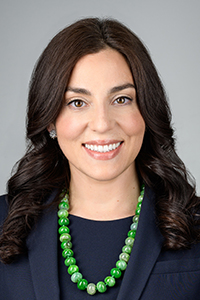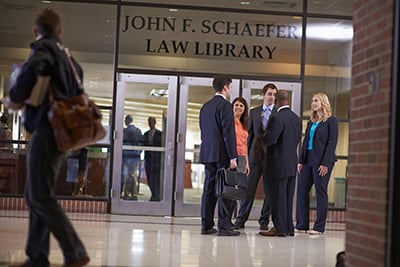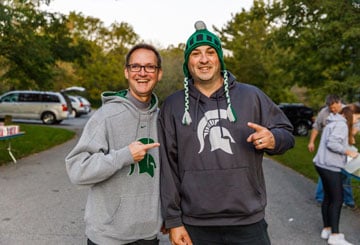
Veronica Valentine McNally
She/her/hers
Director of Trial Advocacy & Director of Externships
College of Law
332
Biography
As the Director of Trial Advocacy and Director of Externships at the College of Law, McNally plays a pivotal role in shaping the next generation of legal professionals. She teaches pretrial and trial skills courses at the College of Law and focuses on hands-on experiences, empowering students with the practical skills and confidence they need to excel in the real-world challenges of their profession. Her expertise is not limited to academia. She has also taught practicing lawyers about litigatio
Read more


